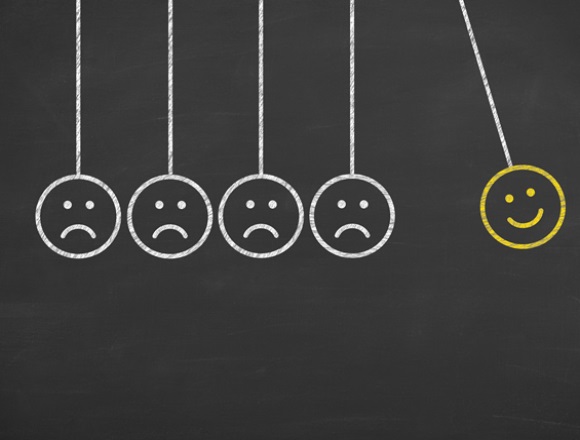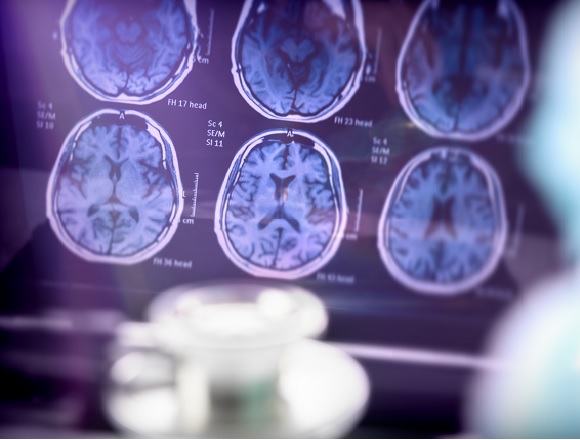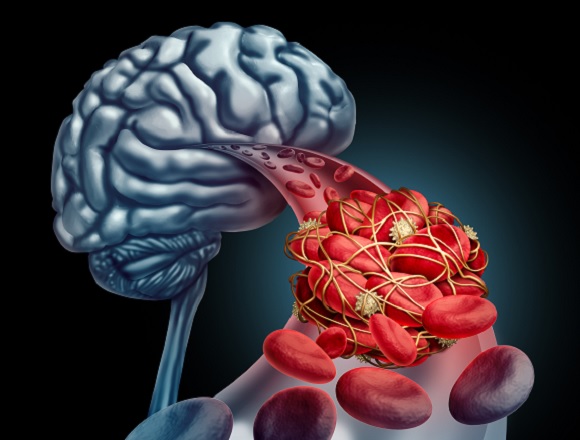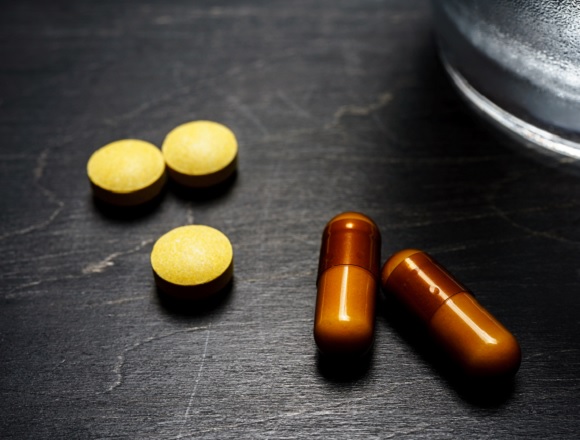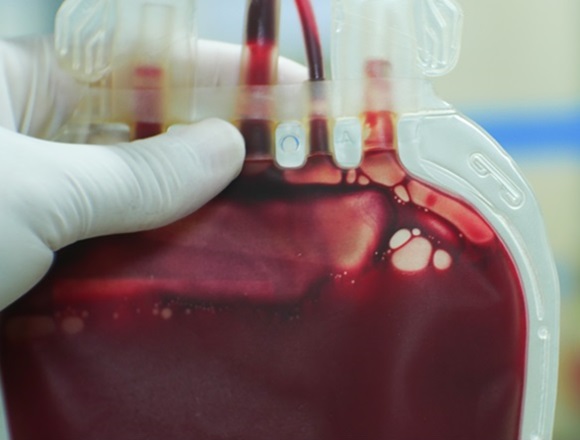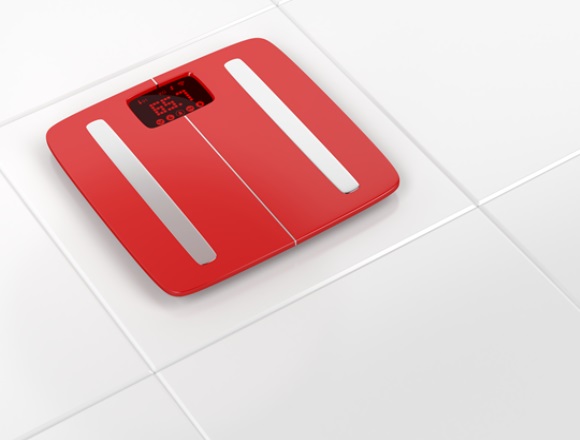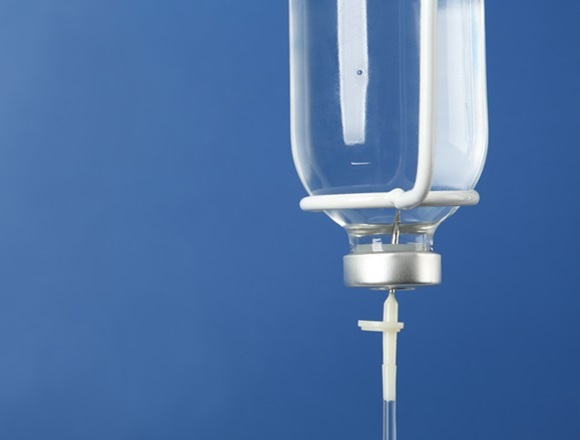References
Raison CL, Sanacora G, Woolley J, et al. Single-Dose Psilocybin Treatment for Major Depressive Disorder: A Randomized Clinical Trial. JAMA. 2023 Sep 5;330(9):843-853. doi: 10.1001/jama.2023.14530. PMID: 37651119; PMCID: PMC10472268.For the related Publications of the Week on ketamine in treatment-resistant depression, click here.
Background: Psychedelic psilocybin has become of interest in the evaluation of new modes of therapy for major depression. Previous studies had methodological limitations precluding major conclusions.
Methods: This randomized controlled trial included 104 participants aged 21 to 65 years with a diagnosis of major depressive disorder of at least moderate severity and without psychotic symptoms. Of note, during this phase 2 study patients were not taking regular antidepressant medications. One group received 25 mg of synthetic psilocybin, and the placebo group received 100 mg of niacin (the so-called active placebo used to generate adverse effects—mostly flushing). All patients received psychologic support.
The main outcome measure was the Montgomery–Åsberg Depression Rating Scale (MADRS) score (range, 0-60; with higher scores indicating more severe depression; a score change of 6 was considered meaningful, and a change of 12, substantial). The study also assessed the probability of improvement (decrease in the MADRS score by 50%) or remission (MADRS score <11). The assessments were done between days 8 and 43 after a single dose.
Results: Among the patients not otherwise receiving pharmacologic treatment for depression, the MARDS score improved more in the active group than in the placebo group by day 8 (mean difference, -12.0 points [95% CI, -16.6 to -7.4]) and by day 43 (mean difference, -12.3 points [95% CI, -17.5 to -7.2]). Symptom response occurred in 42% versus 11% participants, and symptom resolution, in 25% versus 9% participants in the psilocybin and placebo groups, respectively.
Adverse effects occurred more commonly in the psilocybin group (82% vs 44% through days 1-9), with the most common ones being headache, nausea, and visual perceptual effects (most of them on the day of drug administration), and with 4 being judged as severe (migraine, headache, illusion, and panic attack/paranoia).
Conclusions: The authors concluded that a single dose of psilocybin results in substantial and sustained depressive symptom response extending to ≥6 weeks at the expense of increased treatment-related adverse effects. In their opinion the study adds to evidence suggesting that psilocybin may develop as a treatment alternative.
McMaster editors’ commentary: The currently available treatment modalities for major depression are imperfect and a search for new treatment continues. Psilocybin, not ready for regular use on the basis of this study, may find its place especially if other interventions fail to resolve symptoms. Some jurisdictions in Canada allow its use under specific and very controlled circumstances.
 English
English
 Español
Español
 українська
українська

